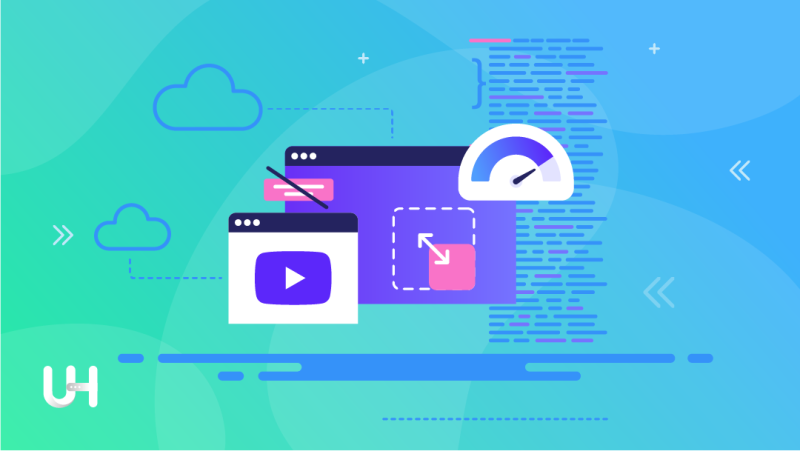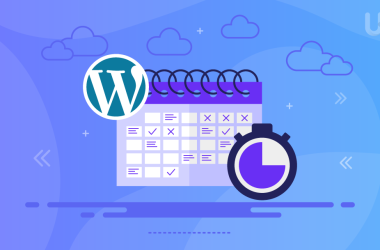In the digital world, nothing is worse than long page loading speed. In many end-user views, this is because of internet speed.
Why does page loading speed matter worst?
Search engines prefer and rank high-loading speed pages at the top. In idol scenarios, the pages having a load speed of fewer than 3 seconds are preferred most. For this page insight check, google provides a Google Page Insights tool that gives suggestions to improve page speed. Moreover, there are some issues that will still exist.
According to a survey, a delay of a single second delay in page loading speed gives:
- 11% fewer page viewers
- 14% extra bounce rate
- 16% decrease in customer satisfaction
- 7% loss in conversions
How to improve page loading speed?
Below are a few precautions as mentioned, which help you in improving page loading speed.
1- Find an efficient Hosting Service:
A website loading speed much depends upon the server speed, server load time, and at server’s geolocation. Sometimes we made a small mistake we subscribe to a cheap and ineffective hosting plan. This time being save our money but in the long run, it affects our sales, brand image, conversions, bounce rates, an increasing number of unsatisfied clients, and many more, just pages of slow hosting/long page loading speed. Another hosting end factor that affects website loading speed is long-distanced hosting requests. Like, if your server is placed in the US, and you are trying to access it from the Middle East it will affect page loading speed.
That’s why it is recommended to choose a better hosting service and to host a plan, who are providing the services which they promised. Secondly, if you have traffic from around the globe, it is recommended to use UltaHost type some hosting service provider which have their servers in every region.
2- Try to use HTML5 and faster and responsive themes:
Avoid using ancient and slow web themes. Try to use emerging and new frontend development technologies like HTML5, Angular JS, and JSON, as they load pages faster, and the crawler crawls them rapidly. Due to this, they rank them in the top search results. Moreover, they tend to do work easily and decrease website load. Like: HTML5 is allowing you to reduce API. Because they give multiple matured tags like they have a separate tag for Video Player. HTML5 and Angular JS make the website lifelong and simple. And reduce much of the crawler work. Now the developer doesn’t need to write heavy and extra JavaScript codes. These emerging technologies do much of their work.
3- Reduce and optimize Images over the website:
Try to upload a minimal size of images over the website. Images take time to load, and sometimes it mires down the website and affects its loading speed. If your niche of business needs pictures, try to compress images before uploading them to the website. As, a good practitioner it is recommended to give clear titles to images as per their nature of the pictures, but short and precise instead of giving tags like: “I’m 1, PPT 2, 2999463”.
4- Use external hosting for Video:
Although HTML5 is providing you with a built-in media player, it is recommended to use external hosting for videos. As the video is heavies in size and it takes time to load, that’s why it is recommended to use external hosting for it. And it is more recommended to use YouTube for video hosting, and you find it cheaper and more useful to host your video on YouTube.
5- Lemmatize HTTP requests:
According to a Yahoo search engine survey – 80% of web page loading time has been spent on downloading different components of the website, like images, scripts, content, etc. If your site has a certain amount of traffic and it also has other parts, it will provoke more HTTP requests. That extension in HTTP requests can slow down your site.
Modify your site design and generates a simple design to reduce these requests. You may observe that your websites have a few unnecessary elements if you remove them your average website increase.
6- Write clear code:
Try to write simple and clear code. Try to reduce CSS and JavaScript. Don’t declare extra variables, functions, and classes within the code. Try to minimize nested loops and switches. Try to reuse once written codes again and again. After writing complete code, use the investigation technique to identify and remove unnecessary tags, CSS, code, and scripts.








